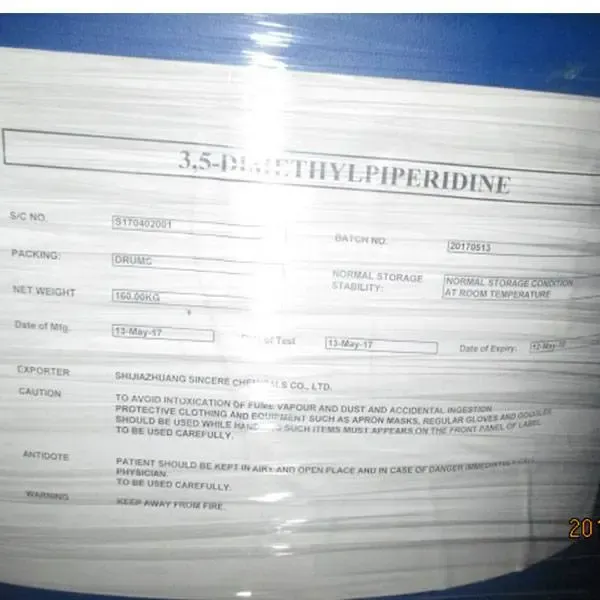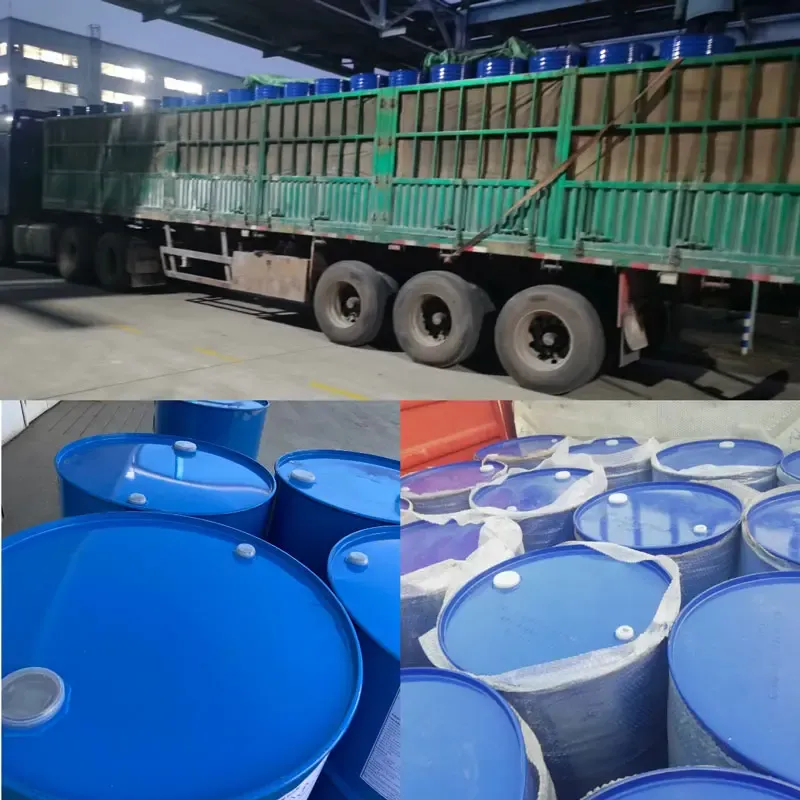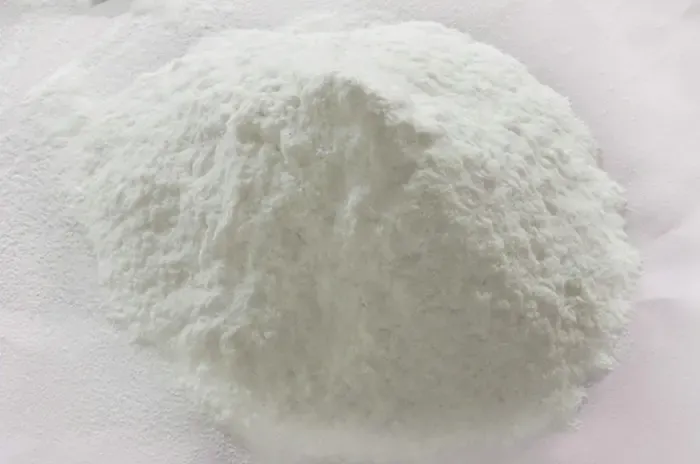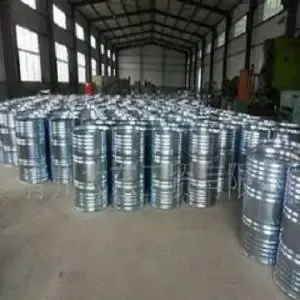Cyclopropyl Methyl Ketone: A Key Compound in Organic Chemistry
Cyclopropyl methyl ketone (CPMK) is a highly valuable organic compound with a wide range of applications in chemical synthesis and research. This compound is used primarily as an intermediate in the synthesis of other complex chemicals. Its unique molecular structure, featuring the cyclopropyl group attached to a methyl ketone, allows it to participate in several types of reactions that make it essential in the production of pharmaceuticals, agrochemicals, and fine chemicals. Due to its reactive properties, cyclopropyl methyl ketone has become a crucial building block for the synthesis of more complex organic molecules, making it indispensable in the field of organic chemistry.
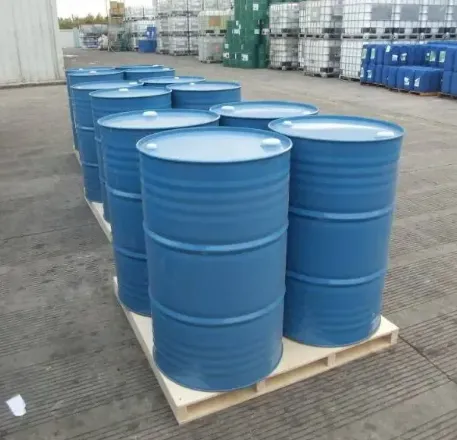
CAS 765 43 5: The Unique Identifier for Cyclopropyl Methyl Ketone
CAS 765 43 5 is the chemical identifier number for cyclopropyl methyl ketone in the Chemical Abstracts Service (CAS) registry. This unique identifier is essential for tracking the compound in chemical databases, procurement systems, and regulatory documentation. With CAS 765 43 5, businesses, researchers, and suppliers can quickly and accurately identify cyclopropyl methyl ketone and differentiate it from other chemical compounds. This identifier plays a critical role in ensuring the quality and purity of the compound when sourced and used in various applications. It also streamlines communication in the global chemical supply chain, helping to maintain consistent standards across industries.
The Role of CAS No. 765 43 5 in Chemical Synthesis
CAS No. 765 43 5 represents cyclopropyl methyl ketone in chemical references and databases, ensuring that the compound is properly cataloged and recognized within the industry. This identifier helps scientists, chemists, and manufacturers source the correct version of the compound, minimizing the risk of errors in formulation and synthesis. The use of CAS No. 765 43 5 is crucial in laboratories and manufacturing plants where precision and consistency are key to producing high-quality products. Whether in research settings or large-scale production, this CAS number simplifies the process of identifying cyclopropyl methyl ketone and ensures the integrity of chemical reactions that rely on this compound.
Synthesis of Cyclopropyl Methyl Ketone: A Guide to the Process
Cyclopropyl methyl ketone synthesis is an important process in organic chemistry, often involving the use of specialized catalysts and reagents. The compound is typically synthesized through a cyclopropanation reaction, where a cyclopropyl group is introduced to a methyl ketone structure. This synthesis process is highly controlled to ensure the purity and effectiveness of cyclopropyl methyl ketone for subsequent use in various applications. Researchers and chemical manufacturers rely on precise methods of cyclopropyl methyl ketone synthesis to create high-quality batches of the compound that meet stringent industry standards. The versatility of cyclopropyl methyl ketone in synthetic chemistry makes it a crucial tool for developing complex molecules used in pharmaceuticals and fine chemicals.
The Growing Demand for Cyclopropyl Methyl Ketone in Industrial Applications
As cyclopropyl methyl ketone continues to be an essential intermediate in organic synthesis, its demand has grown significantly across various industries. Pharmaceutical companies use cyclopropyl methyl ketone in the production of active pharmaceutical ingredients (APIs) due to its reactivity and ability to participate in complex chemical reactions. In the agrochemical industry, it is used in the synthesis of pesticides and herbicides that are vital for crop protection. Moreover, cyclopropyl methyl ketone is used in fine chemical production, where its unique structure allows it to be transformed into valuable compounds with various industrial applications. The increasing demand for cyclopropyl methyl ketone demonstrates its importance in driving innovation and efficiency in these sectors.
Post time: Feb . 26, 2025 14:24











